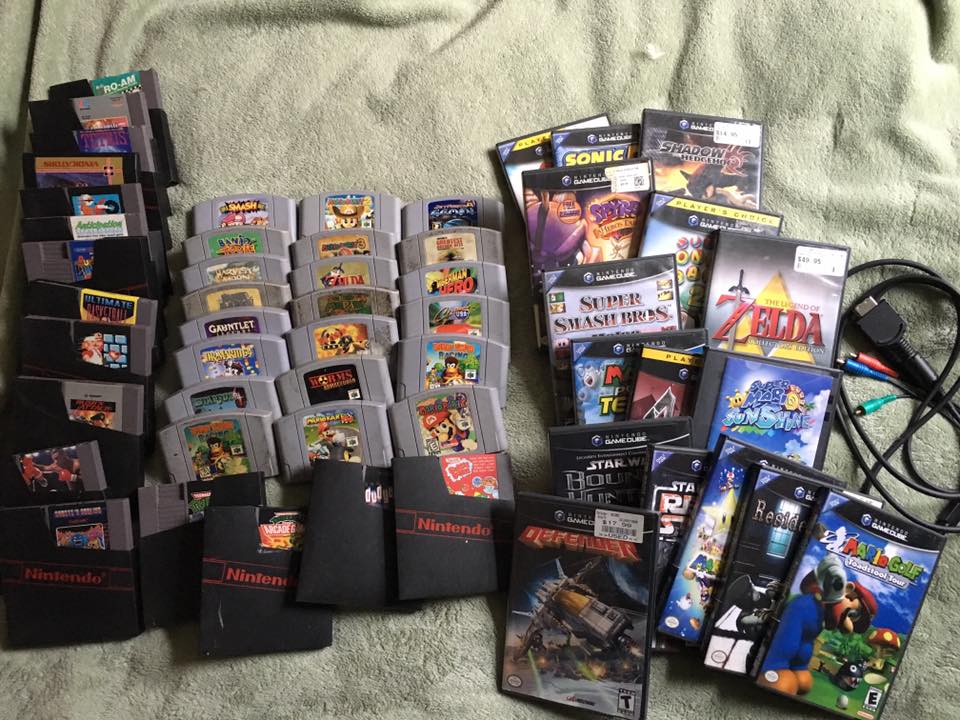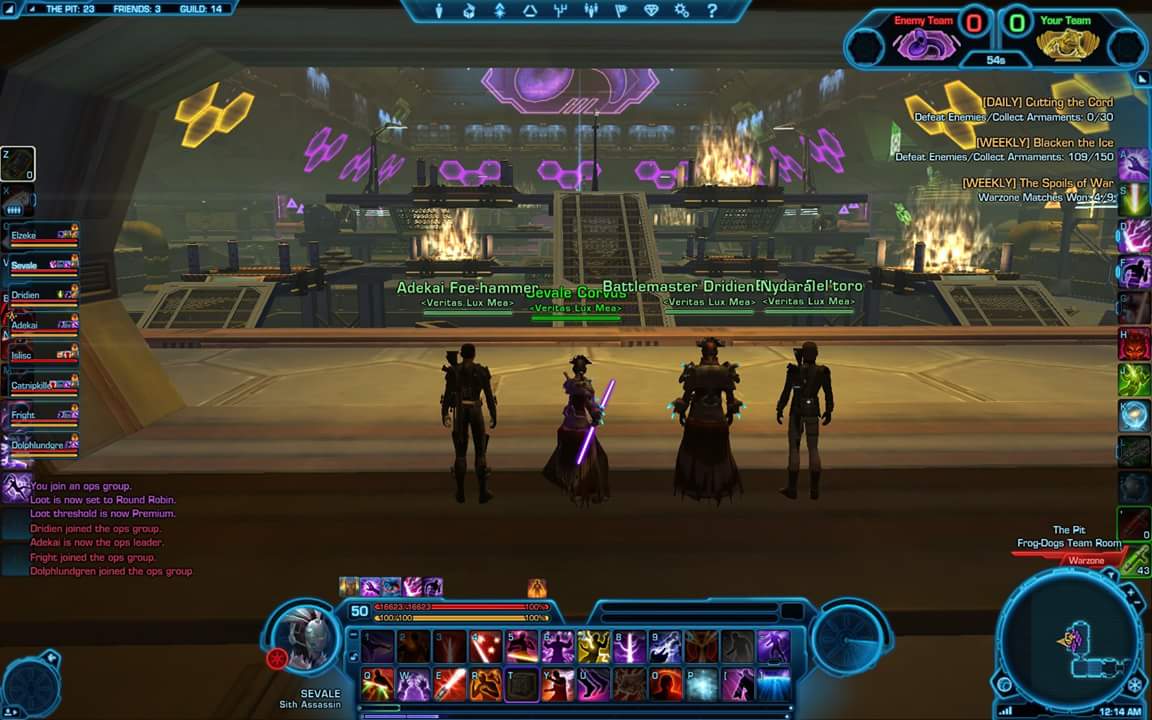There may be a stigma with gaming. At times, the greater culture associates gaming with addiction, anger outbursts, and interpersonal problems. As a person from the gaming community, I acknowledge how real these concerns are. Our culture is drenched in technology, and it’s very difficult to separate from video games. Gaming and technology will most likely stay with us for a long time, so there are some ways to maneuver these waters. I’ve asked hundreds of gamers, and thought about some reasons why I enjoyed gaming in the past. Here are some things that might help you connect with the gamer in your life.
Some statistics on gaming
34 years old:The average gamer
39 years old: The average age of most frequent game purchasers
12 years: The average number of years adult gamers have been playing computer or video games
40% of all gamers are female
(http://www.esrb.org/about/video-game-industry-statistics.aspx)
(24 hours a week)
Addicted gamers play twice as much as casual gamers (http://www.video-game-addiction.org/)
155 million Americans play video games
(http://www.theesa.com/article/150-million-americans-play-video-games/)
1) The Purpose of Gaming
Big Pharma screen shot by David Davis, INTP
Some of us game to relieve stress or do things we cannot do in "real life," like shoot a gun, or build fantastic castles in the sky.
It can feel very accomplishing to finish a level, puzzle, or quest in games. When the outside world is difficult, games can help boost confidence to move forward.
There can also be a social connection in games that cannot be obtained otherwise. Games can bring people together to create community, common goals, and support.
The American Psychological Association shared findings where oxytocin (aka the love drug) is released when gamers play with peers. It is the same hormone released when we hug.
2) Ask Us Questions
World of Warcraft Undead Beastmaster Hunter screenshot, shared by Kenny Royal Hupp, INTP
- Being interested in a gamer's world can help relieve tension on talking about problematic gaming. Perhaps the conversation will lead to understanding of how important games are in a person's life/
- Look for themes in character and game choice. Asking questions about a gamer's favorites can also help understand what is important in the gamer's life.
- Speaking with a counselor can help with this process if it's too difficult to start. (I can help look for referrals or consult)
3) It is a Hobby
Star Wars: The Old Republic (SWTOR), Danielle Rivera screen shot
Just like football or ballet, playing video games is a hobby. For some of us, it can be a professional career. (UC Irvine has an eSports team where students play games and have their tuition reduced, many companies have eSports teams around the world, and South Korea has a huge culture that supports eSports athletes.)
Sometimes our loves ones have hobbies we don't like, and we still love them anyways. A way to support our loved one who games is to view the activity like other hobbies. Hobbies have multiple and unique purposes for each of us, and can range from: spending time with friends, relaxing after a stressful day, a monotonous task to not think too much about things, a challenge to overcome, a certain skill set to develop, a creative outlet, a more appropriate emotional release, and a mini adventure.
4) Limitations are Healthy
There are so many hours in the day, and chores and other responsibilities are part of time management. When gaming becomes problematic (gaming too many hours a day, constant emotional outbursts when losing, anger when being asked to stop play, etc), relationships, school, and/or work can suffer.
Talking about reasonable times to play, and expectations for contributing to the family can help increase positive interactions with gaming. The goal isn't to take games away from a gamer. The goal is to allow for more priorities and skills to matter as much and be honored as much as gaming. Behavior charts and time tables with kiddos can be very useful visuals and reminders)
Limbo, Playdead.com (suggested by Josh Liu, INTP)
5) Play with Us
Games are meant to entertain, teach new skills, and connect us with others across the globe. Sometimes it's not a preferred hobby for a loved one, but there are things we will not be enthusiastic about, and that's okay.
In addition to sitting and watching our loved ones play (like watching them play soccer or perform in dance), we can try to play with them. Maybe we can learn to like what they like (at the very least, start to understand), and explore a world of creativity we haven't stepped into before. This hobby may be short-lived or it can carry on through the lifespan. To understand how and why your gamer plays can start with sitting and watching, or asking, "Can I play?"
Rule of thumb for gaming:
Casual gamers play 10-20 hours a week. Game addicts may play more than 24 hours a week. (http://video-game-addiction.org)
Signs of possible gaming problems:
- Arguments (yelling and/or fighting) continuously come up when the gamer is asked to stop gaming
- Lying about how much time is being spent gaming
- Increased irritabiity, feelings of sadness, or lack of interest in other activities they may have been interested before
- Extreme anger outbursts when losing games
- Relationships are ignored when gaming
- The quality of school or professional work decreases dramatically, or lack of motivation to do any work
- Sleep, earing, and hygiene are neglected to play
- Oversleeping and gaming through the day
- Constantly talking and thinking about the game for prolonged periods of time
If it's still difficult after a few weeks of trying these five things out, give me a call to see how I can help. I'm in the Orange County, CA area and love working with gamers and their loved ones.
To learn more about the gaming world, click HERE.
- LIMBO
- Star Wars: The Old Republic (SWTOR)
- Big Pharma
- World of Warcraft
- 5 More Things Gamers in Your Life Want You to Know





